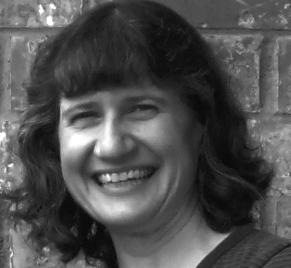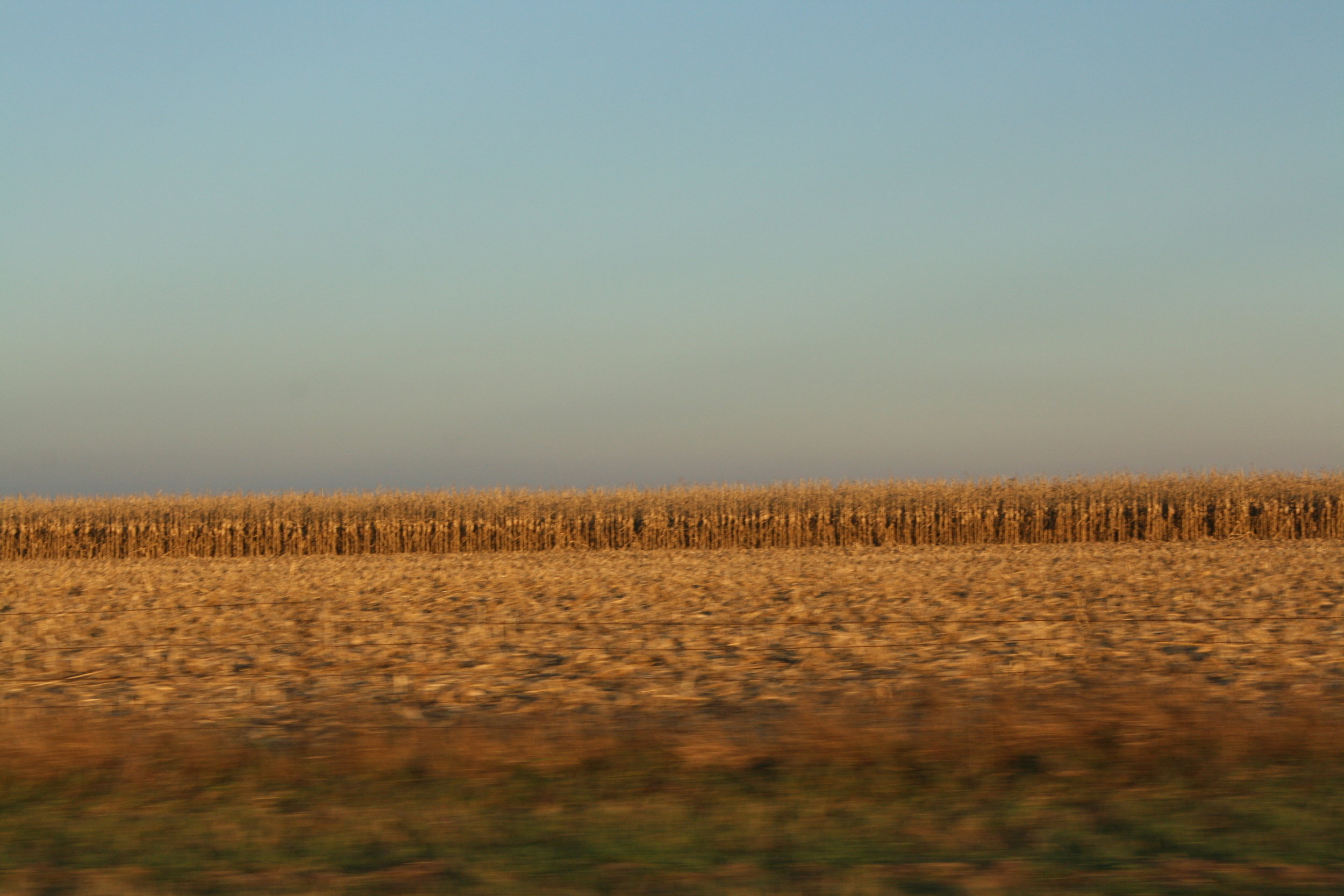All That Glitters
Deanna Hershiser
 Deanna Hershiser recalls the "joy" of being humbled.
Even melancholy writers like me can have a positive morning. At such times everything shines like my golden ideas.
Deanna Hershiser recalls the "joy" of being humbled.
Even melancholy writers like me can have a positive morning. At such times everything shines like my golden ideas.
But I’ve learned to feel suspicious of their glow. I guess we all have to do that. Bask for the moment, sure, but later test new paragraphs, stanzas, or stories for actual quality. Why is it, the more fantastic they seem when they arrive, the clunkier they can rattle out of my brain? I don’t often comprehend this until I receive negative feedback or continued rejection, or both.
An essay I once started had all the markings of a hit. My daughter and I ran through the neighborhood for the first time at her request. Who could fail to tug heartstrings, I thought, describing their child’s interest in exercise? I read a rough draft sometime later to my critique group, and one lady asked what I was trying to say.
An innocent question, and a good one. But I felt derailed. I talked back (something our rules said not to do), defensive. Maybe it was the way she framed her question. Maybe I had eaten too much chocolate after lunch. Anyway, I returned to my essay, and what once had been golden felt like lead. I slogged through editing the piece and sent it out to face the inevitable—it was never published.
My next attempt grew from scraps jotted in my journal about running with my little dog. I tried writing it different ways, wary of sharing it anywhere. If no one appreciated my mother-daughter bonding tale, who would like this motley adventure?
In my humbled state I found some encouragement. While I considered doggy jogging mundane, I saw I was writing a more genuine anecdote. I liked running. So did my dog. My daughter hadn’t wanted to do it again after her first try. She had been the one to suggest I run with our pooch to start with, and so I mentioned my gratefulness to her in the essay. Finally, I arrived at an opening image for the story, based on what I had learned about myself. If only my dog and I could voice our imaginings, we would rather be an Amazon-type athlete racing her Malamute in the Iditarod, than a 30-something woman out circling the sewage treatment plant with her raccoon-sized dog.
This lowly image sold my essay. I had discovered how to smile at my own shabby efforts and see beauty in ordinary moments. Readers related to this story and contacted me to share some of theirs. It was an honor to have struck a nerve.
Since then I try to remember, when writing, running, or falling down, there’s no shame in not shining all the time.
***
These days Deanna Hershiser jogs on her treadmill when not out fishing with her dad. She has had work published in Runner's World, Relief, and Long Story Short. She blogs here.








 and her work can also be found in Relief Number 2. You can visit her website at
and her work can also be found in Relief Number 2. You can visit her website at 







 Thanks to Michelle and the great people over at
Thanks to Michelle and the great people over at